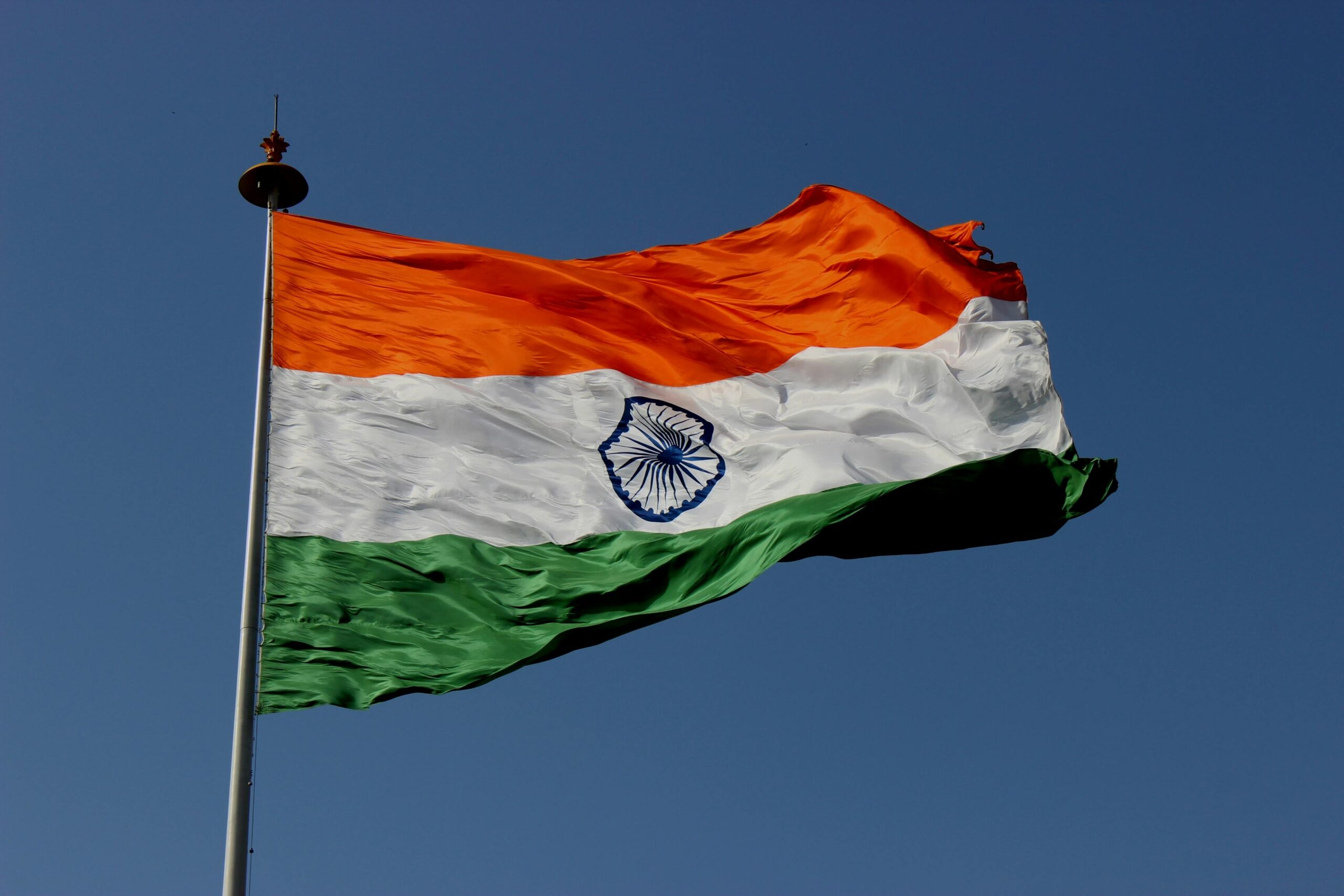India has enacted a nationwide ban on online gambling, forcing operators to shut down all cash-based fantasy sports and card game platforms. The sweeping move disrupts an estimated €2 billion annual sector and impacts approximately 450 million users, many of whom are now migrating to offshore websites for gaming options.
In response to the ban, which carries penalties of up to five years in prison for violators, domestic operators have swiftly abandoned real-money games.
Dream11, India’s largest fantasy sports platform with 260 million users, has suspended all cash contests. To retain user engagement, the company has replaced monetary prizes with electronic gadgets and vehicles. The ban has particularly devastated revenue streams tied to fantasy cricket, which thrived during popular events like the Indian Premier League (IPL), forcing a sudden overhaul of business models.
The ban has triggered significant commercial repercussions for Indian cricket. Dream11 has terminated its €40 million jersey sponsorship agreement with the Board of Control for Cricket in India (BCCI). Other fantasy operators are also withdrawing from advertising and sponsorship deals, stripping domestic cricket bodies of a crucial funding source.
Industry estimates indicate that fantasy platforms contributed nearly 40 per cent of the IPL’s advertising revenue. With this revenue stream eliminated, the financial model of the league is under pressure. Analysts predict that the value of upcoming television and digital broadcasting rights, due for renewal in 2027, will decline without gambling-linked advertising.
While local operators comply with the new law, unregulated offshore websites are benefiting from the displaced demand. Many Indian users are reportedly using virtual private networks (VPNs) and foreign payment systems to access gambling sites outside the country’s jurisdiction.
Authorities acknowledge the challenges in enforcing the ban against foreign operators. However, the government has emphasised its commitment to pursuing strict penalties against any local company found to be running cash-based gambling services.
Meanwhile, Indian gaming company A23 has challenged the law, slamming it as state-run paternalism. More litigation could follow with opposers arguing that it is outright anti-constitutional, as Article 19(1)(g) of the Indian constitution guarantees the right “to practise any profession or carry on any occupation, trade or business”.





